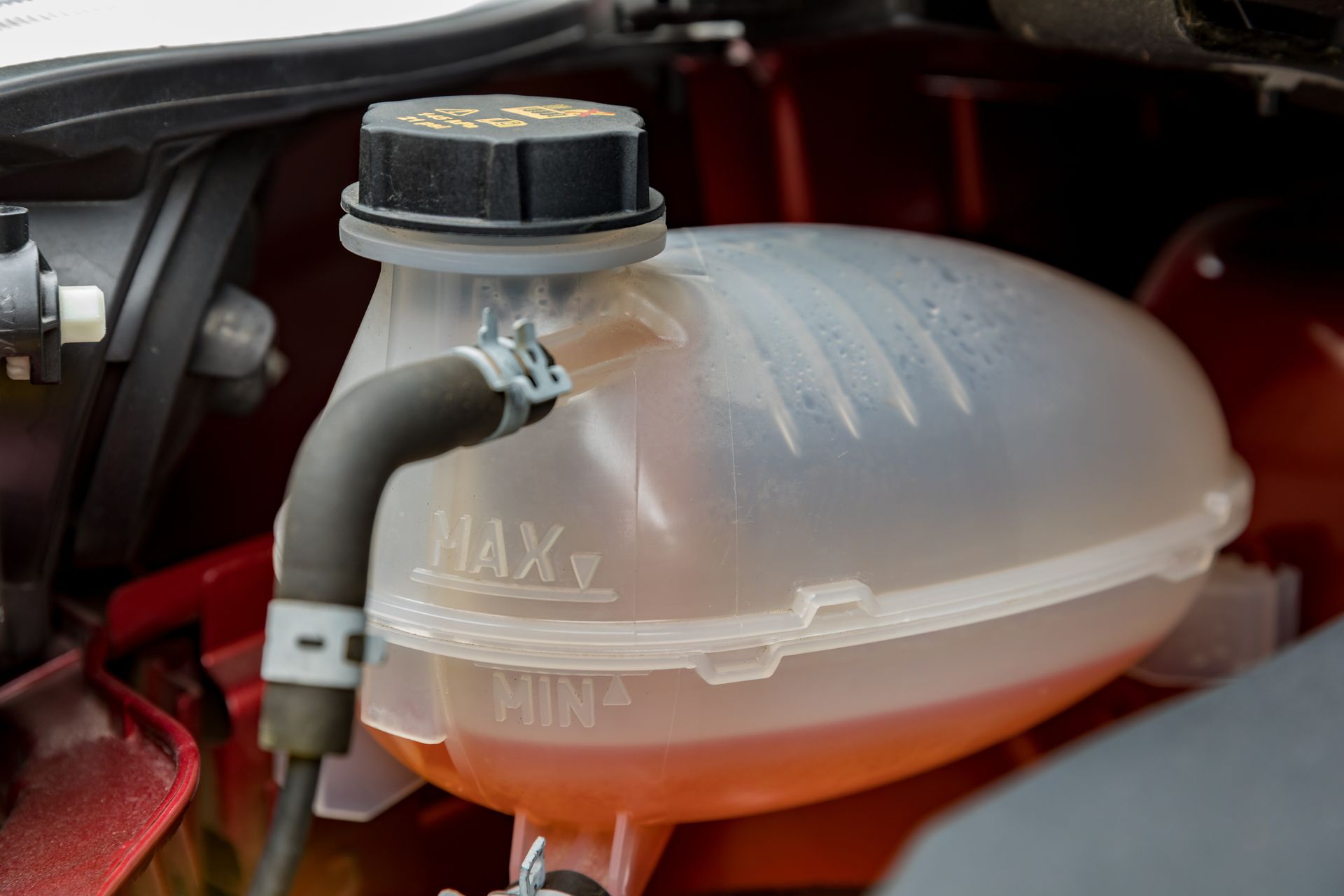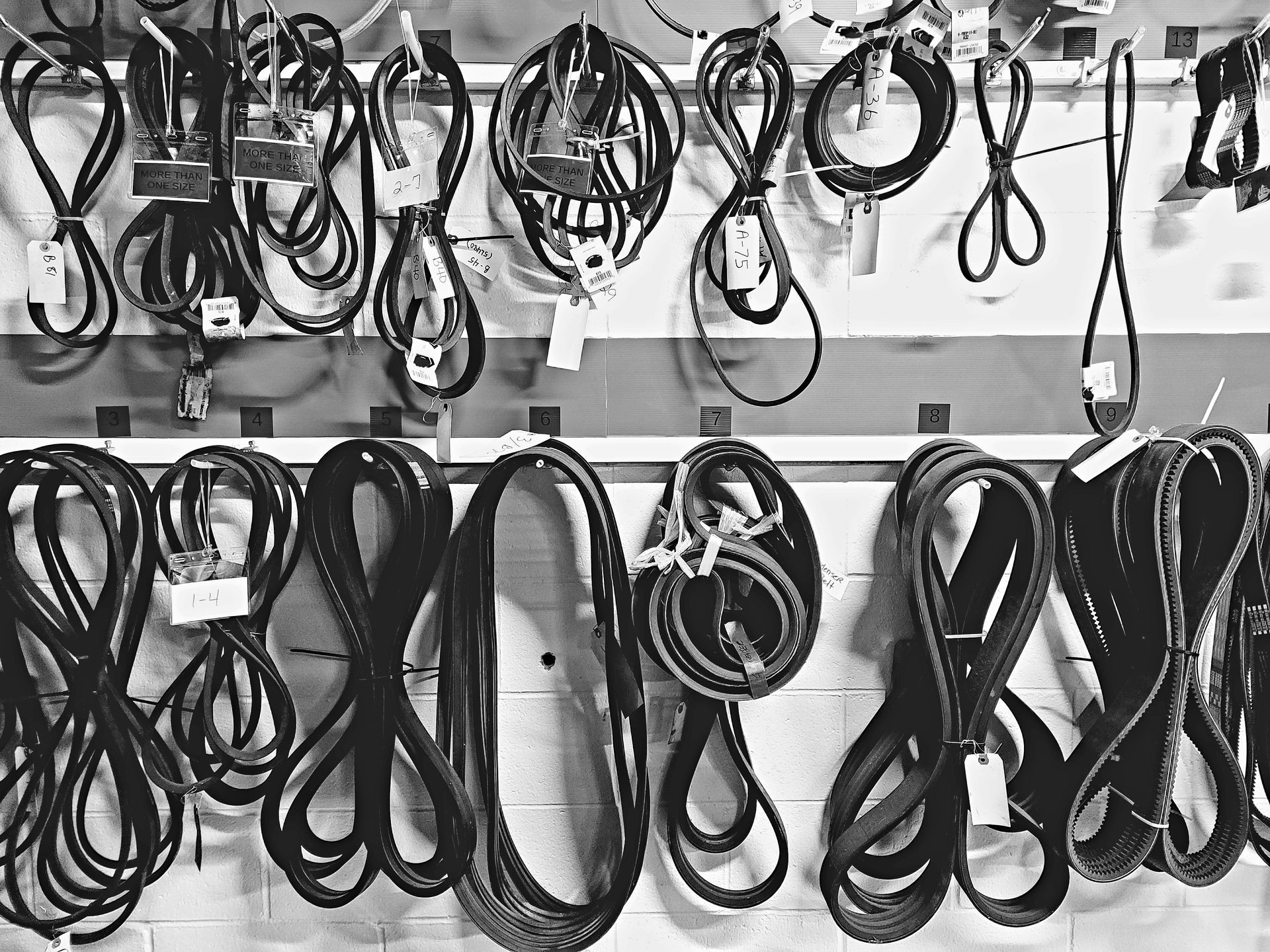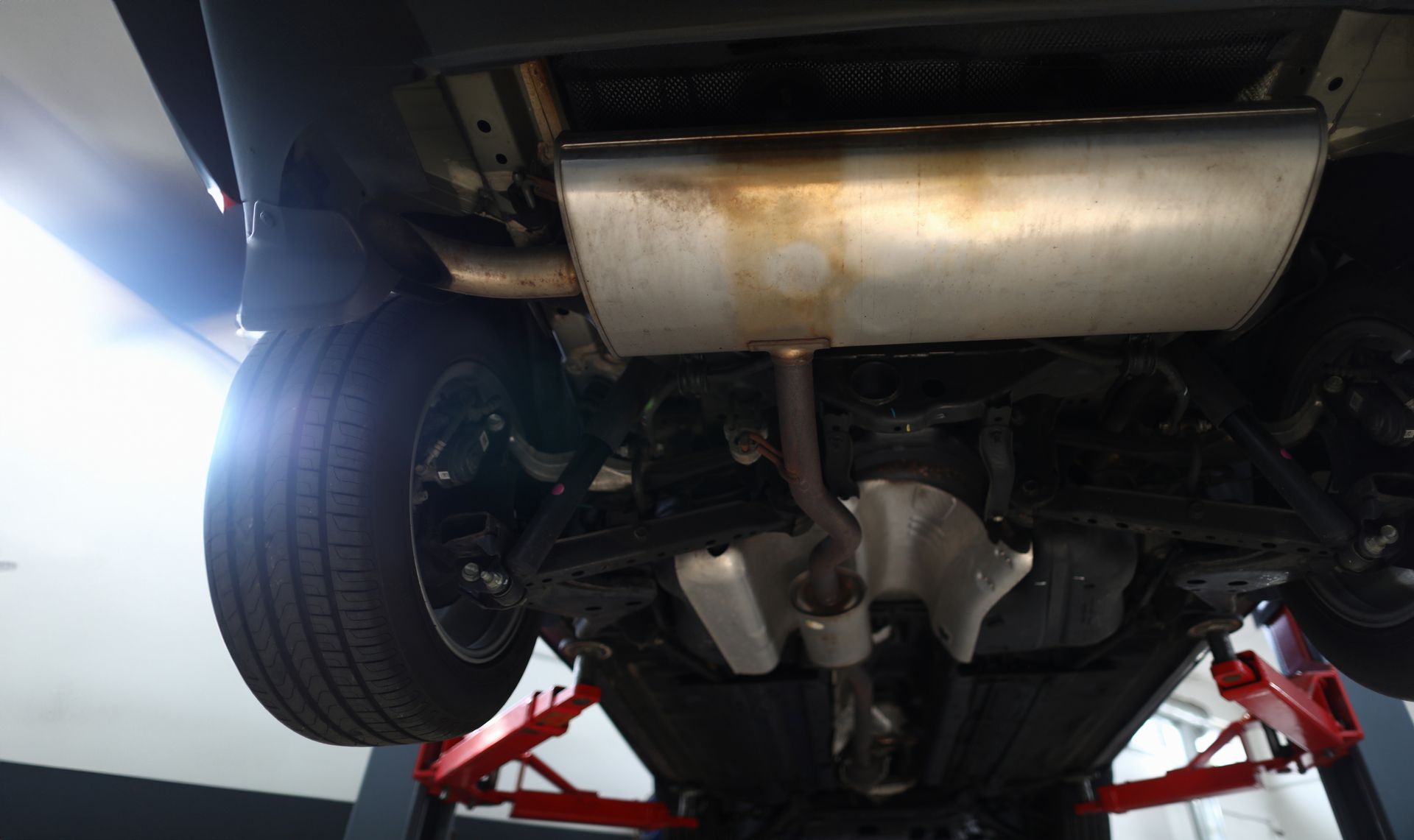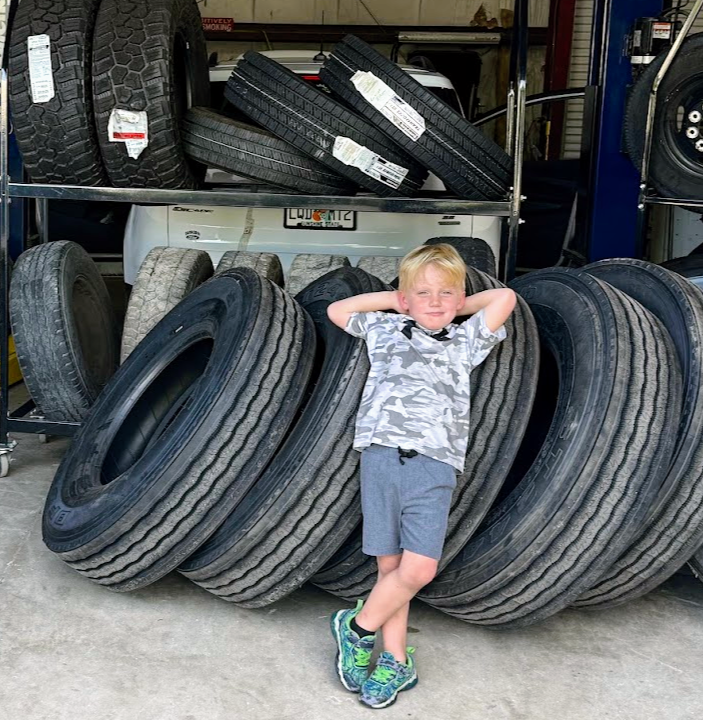As summer heat rolls in, high humidity becomes a constant presence, especially in coastal regions like Florida. While most drivers are aware of the toll extreme temperatures can take on their car’s cooling system or air conditioning, few realize how much humid air can affect the vehicle’s electrical components.
Humidity is more than just a comfort issue. Excess moisture in the air can create condensation inside the vehicle’s electrical systems. Over time, that added moisture leads to corrosion, short circuits, and unreliable connections. These problems don’t always appear suddenly. Instead, they develop gradually and show up in subtle, frustrating ways like flickering lights, slow-cranking starters, or intermittent warning lights.
Why Moisture Is a Problem for Electrical Systems
Your vehicle relies on a network of sensors, wiring, connectors, fuses, and relays to power systems and deliver signals to the engine and other onboard computers. When these components get exposed to moisture, even briefly, their performance can suffer.
Humidity encourages corrosion on metal surfaces. Once corrosion begins on a terminal or connector, electrical resistance increases. This means that signals may get delayed, disrupted, or blocked altogether. That’s why you might experience random dashboard alerts or malfunctioning electronics, even if everything worked fine the day before.
Condensation can also form inside protective housings and junction boxes when a hot engine cools down rapidly in humid air, trapping moisture inside sealed components.
Symptoms That Point to Humidity-Related Electrical Issues
Electrical system problems related to humidity can be challenging to diagnose because they often mimic other failures or appear only under specific conditions. You may notice these symptoms:
- Intermittent starting issues, especially in the morning or after a rainstorm
- Flickering dashboard lights or dim headlights
- Malfunctioning power windows or locks
- Inconsistent readings from sensors, such as tire pressure or coolant temperature
- Fuses that blow repeatedly without a clear cause
In many cases, these symptoms will come and go as humidity levels fluctuate. That’s why it’s important not to ignore issues that seem “occasional.” They may be signs of a larger electrical vulnerability.
Vehicles Most at Risk
While all cars are susceptible to humidity damage, older vehicles tend to be more vulnerable. This is because protective coatings on wires and terminals degrade over time, leaving components more exposed. Vehicles that have been stored outdoors or in damp environments are also more prone to developing corrosion and moisture-related wear.
Any vehicle that has experienced a water leak sunroof, door seal, or windshield may already have trapped moisture in hidden areas like behind the dash or under the carpet. These spots can continue to cause electrical headaches long after the original leak is fixed.
What You Can Do to Prevent Humidity Damage
Preventing humidity-related electrical issues starts with good inspection habits. Keeping an eye on your vehicle’s behavior during humid conditions can help catch early signs of trouble. If you notice even small issues with electronics, have them checked as soon as possible.
Keeping connectors and fuses dry is key. Technicians can apply dielectric grease to sensitive terminals to repel moisture. Regular inspections of battery terminals and fuse boxes can also help prevent the buildup of corrosion before it leads to bigger problems.
For vehicles with known vulnerabilities, sealing kits or improved gaskets may be available to help protect critical areas. Ensuring cabin leaks are repaired promptly will also reduce the likelihood of moisture lingering in electrical components.
Professional Diagnosis Is Key
Humidity-related electrical problems can be frustrating to track down without the right tools. Advanced diagnostics allow our technicians to test circuit integrity, check for voltage drops, and inspect wiring for signs of hidden corrosion.
If you’re dealing with repeated electrical failures that don’t seem to follow a pattern, the issue may lie in how the system reacts to humid conditions. A full inspection by a qualified technician can reveal damage inside connectors, behind fuse panels, or in control modules that may not be visible during a quick check.
Protect Your Vehicle From Summer Moisture at Curry Truck & Auto in Venice, FL
Electrical systems are the backbone of today’s vehicles, and summer humidity can quietly compromise their reliability. If you’ve noticed warning lights, slow starts, or malfunctioning accessories, don’t wait for a full breakdown.
Call
Curry Truck & Auto in Venice, FL, today to schedule an electrical system inspection. With three convenient locations, we’re ready to help you stay ahead of the heat and humidity this summer.












